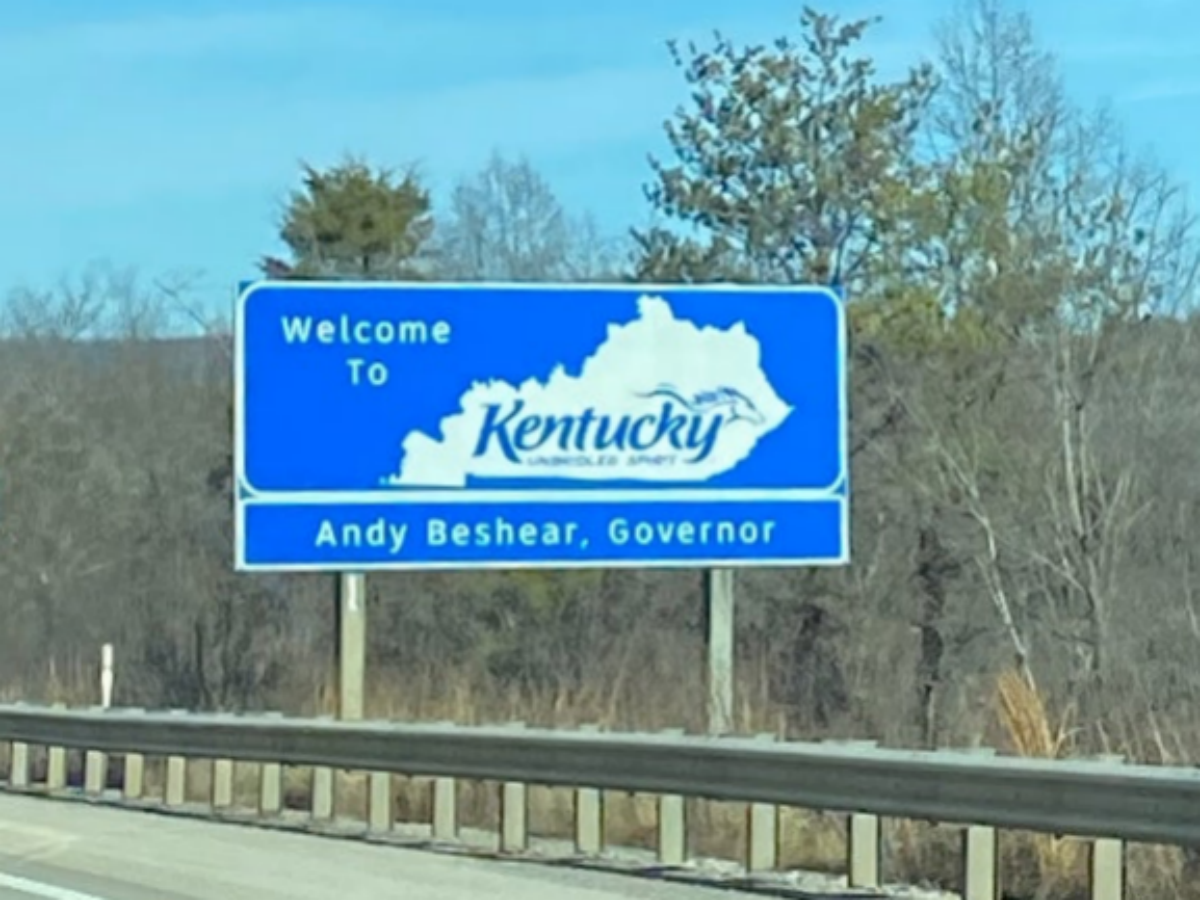[ad_1]
Posted on: February 7, 2023, 11:05h.
Last updated on: February 7, 2023, 10:16h.
One of the main arguments for legalizing sports betting in Kentucky has been that its residents have been traveling regularly to neighboring states where they’re able to wager on football, basketball, and other events. Casino.org has learned just how often that’s happening.

Data from GeoComply reveals that more than 180K accounts established by Kentucky residents accessed legal sportsbooks. Those were based in the six surrounding states and measured since the NFL regular season began in September. GeoComply — which provides geolocation services to mobile sports betting operators to ensure that wagers are placed in a legal jurisdiction — recorded more than 5 million geolocation transactions from those accounts when users were within the Bluegrass State.
The technology provider compiles geolocation transaction data to determine interest in wagering. While GeoComply blocks Kentucky users from placing wagers in their home state, those users can still access their accounts to view odds, make account deposits, and withdraw funds without crossing a state line.
While an individual may have accounts with more than one sportsbook, the roughly 181K accounts GeoComply tracked represent about 6% of Kentucky’s adult (18+) population.
This isn’t the first time GeoComply has tracked Kentucky users accessing out-of-state sites. Last April, it reported roughly 532K transactions from 41K unique accounts over a 30-day period that included the NCAA Tournament. Again, while those individuals could view odds or make a deposit or withdrawal, GeoComply blocked those people from placing bets outside of the app’s legal jurisdiction.
New Bill Coming
The data from GeoComply comes as the Kentucky General Assembly resumes its 2023 session on Tuesday. One lawmaker, state Rep. Michael Meredith, R-Oakland, has said he’s working on legislation to allow sports betting in the state.
With six of the seven states bordering Kentucky already allowing sports betting, many residents often see or hear commercials for legal wagering apps that are in those states. The only border state where sports betting isn’t legal in Missouri, and the only direct access to Missouri from Kentucky is by a Mississippi River ferry.
The most recent border state to allow sports betting apps to operate in Ohio, where 16 sports betting operators launched apps last month. A few more are expected to start soon.
And Kentuckians did make their way to Ohio. According to GeoComply, it tracked more than 2,000 unique accounts that it identified first in Kentucky and then in Ohio a short time later. Those accounts made about 7,700 trips into Ohio in January, an average of about 3.9 trips per unique account.
Across Kentucky, GeoComply tracked more than 1 million geolocation transactions from more than 58K unique accounts attempting to access an Ohio sportsbook last month.
Data Shows Demand
John Pappas, GeoComply’s senior vice president for government and public affairs, told Casino.org the number of accounts and transactions shows the “intense demand” for legal sports betting in Kentucky.
When Kentuckians must travel to place a bet, states like Ohio benefit from the Commonwealth’s current sports betting prohibition,” Pappas said. “Even worse, when residents can’t bet online in Kentucky, they might turn to unregulated, offshore websites with zero consumer protections. We are hopeful that this is the year that lawmakers pass a law that protects Kentucky consumers and delivers new tax revenues from regulated online betting.”
Besides Ohio, other sports betting states bordering Kentucky include Illinois, Indiana, Tennessee, Virginia, and West Virginia. A majority of Kentucky’s population lives either across from or within a short drive of a sports betting state.
Kentucky has a total population of 4.5 million, according to the 2021 US Census estimate. The state also has nine metropolitan areas with 2.8 million residents. Eight of those metros, home to 2.3 million Kentuckians, either include areas in neighboring states or are adjacent to at least one state.
The only one that’s not close is Lexington, which is about a 75- to 90-minute drive away from either Ohio or Indiana.
This story may be updated.
[ad_2]
Source link